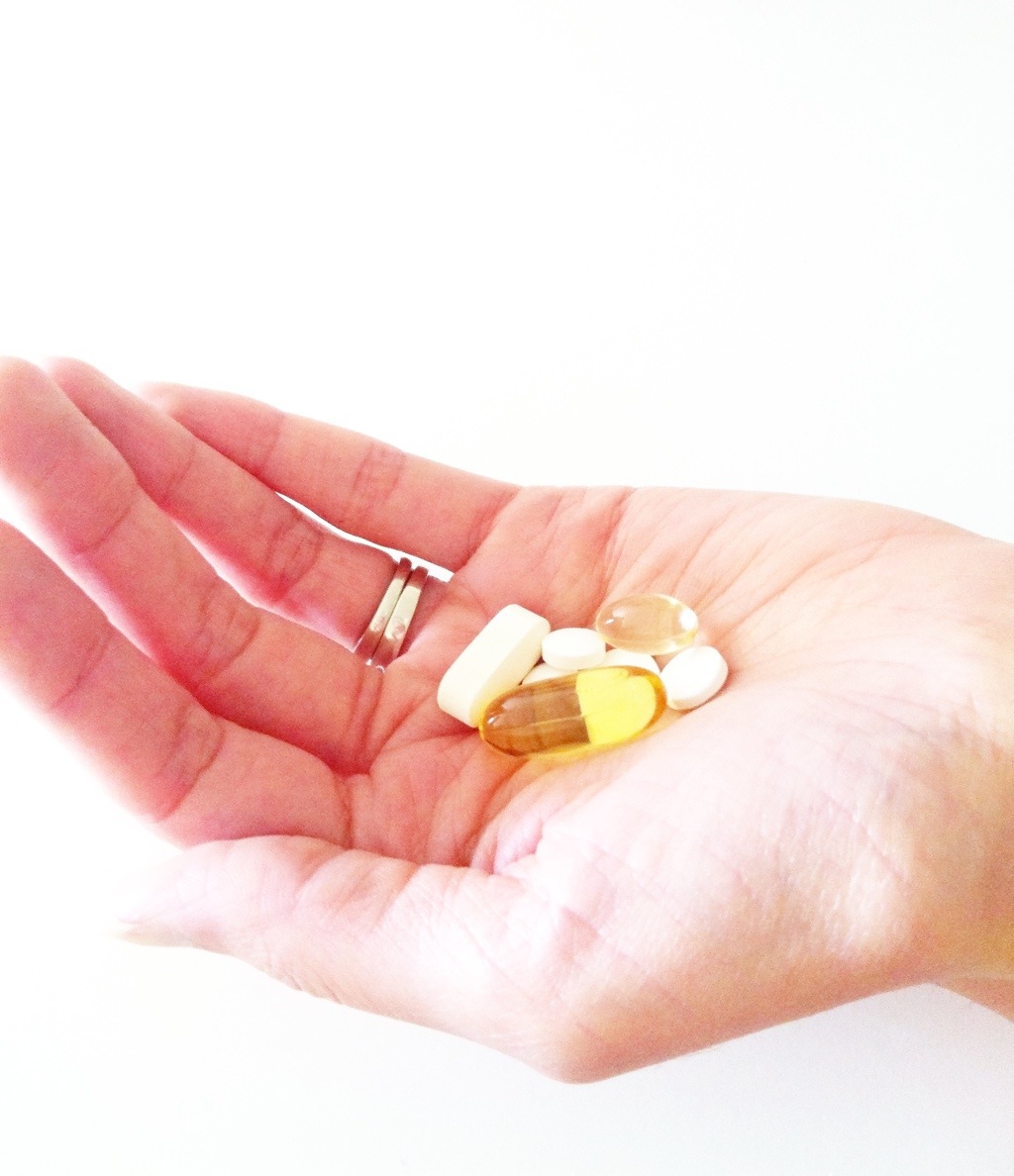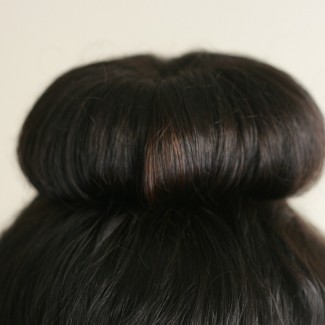I was so proud of myself yesterday for drinking a full 64 ounces of water! I hope you were successful as well. Today I am going to be going over some key vitamins and supplements you can take for healthy skin. Sometimes we can’t get all the nutrients from the food we eat so we need a little help with supplements. Of course, we should still be eating plenty of greens and fruits but the vitamins that I will mention are only in addition to what you already get from the foods you eat.
Vitamin E– The high levels of anti-oxidants in this supplement protect the skin from free radicals that surround us everyday. You can get up to 7mg vitamin E from almonds, but this vitamin doesn’t naturally occur in most of the foods we eat, so a supplement is helpful. Adults over the age of 15 should get around 15mg. Look for 400-800 IU of mixed, natural tocopherol. Avoid a labeling such as d-tocopherol as this is a synthetic blend.
Fish Oil– Provides 2 of the essential omega-3 fatty acids and reduces the symptoms of inflammation, as is common in some skin issues. For those who don’t eat fish, this is one supplement you should really be taking. This supplement helps with all-over dryness, and is especially good for people who wear contacts or have dry eyes. If you don’t eat oily fish at least twice a week(sardines, wild-caught salmon) then you should be getting your omega-3 fatty acids from a good fish oil supplement. Choose a brand that doesn’t derive its oil from farm-caught fish and get at least 2 grams daily.
Gamma Linolenic Acid(GLA)– This is another essential fatty acid(omega-6) and can be found in evening primrose oil, black currant oil and borage oil. This essential fatty acid is hard to get from diet so a supplement is very helpful. It helps if you have brittle nails, dry skin(even eczema). Take 500 mg/twice a day. This supplement takes time to notice results, about 6-8 weeks.
Biotin– Known as the hair, skin, and nails vitamin; this vitamin helps in maintaining the health of these areas. Biotin plays a role in the metabolizing of carbs, proteins, and fats. Without this vitamin, some enzymes in the body don’t function properly. You can get high levels of biotin from organ meats, barley and brewer’s yeast as well as smaller amounts from avocado, broccoli, and cauliflower. Make sure you are getting at least 30mcg. I find that most drug stores sell it in larger amounts and you can start out with 1,000mcg safely. Again, try to avoid the synthetic d-Biotin form.
I take a variety of different vitamins a day but these are the ones that I find are most important for having healthier skin. Always check with your doctor if you feel unsure of which vitamins to take.
What vitamins do you take for healthy skin?




